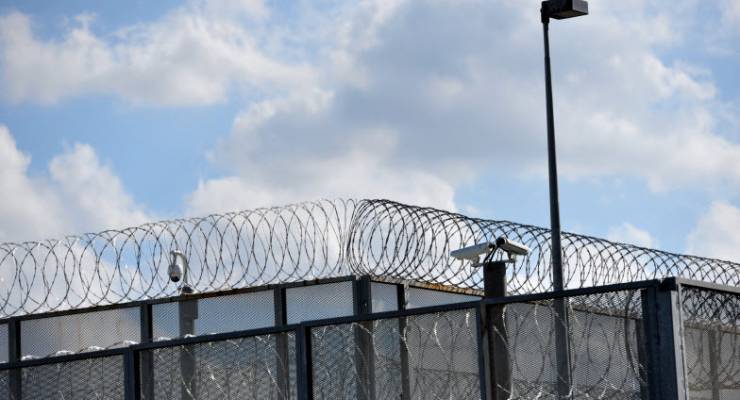
Last Friday the New South Wales Court of Appeal handed down a decision that shone a light on inadequate medical care in the state’s overcrowded prison system and whether private prison operators are meeting their contractual obligations. The decision, Vero Insurance v GEO Group Australia, outlined how Shayne Mace, a prisoner at Parklea prison, received serious injuries, including brain injuries, in 2010 when he jumped off a landing at Parklea Correctional Centre. Although Mace’s claim for damages against the New South Wales government, GEO (the operator of Parklea prison) and Justice Heath (the NSW government prison health provider) settled, the issue determined in last week’s decision was the liability of insurer Vero.
Mace was charged with criminal offences in early 2010, refused bail and taken to the Silverwater jail and then Parklea. He was placed in protective custody. Under its contract with the NSW government, GEO was obligated to provide psychological and counselling services to inmates.
When Mace arrived at Parklea on March 3, 2010 he told staff that he was taking medication for schizophrenia and depression. As the court noted, he “was not provided with any medication to address these conditions”. Prison authorities focused on providing him with methadone. He was seen the next day by staff from Justice Health, but again no medication for his mental illnesses was provided. No psychologist or counselor employed by GEO saw Mace. On March 7 he jumped off an upper landing at the prison.
Despite numerous requests for medication for his schizophrenia and depression, these requests were denied or ignored. The failure of the correctional health system in Shayne Mace’s case has had catastrophic consequences for him.
Mace’s case is unfortunately not an isolated one. In March this year a Western Australian coroner found that a young prisoner who killed himself in 2013, Jayden Bennell, was not seen by a prison psychiatrist for seven months despite being clearly unwell. In Victoria, a former senior Commonwealth and state health bureaucrat, Stephen Duckett, told a government review into psychiatric care for prisoners: “It has been 13 years since the Victorian Institute of Forensic Mental Health identified that demand for forensic psychiatric beds has outstripped availability … Since then, the problem has worsened and concerns have continued to be raised, but without redress.”
Having worked with prisoners in Victoria and Tasmania over the past decade, I can say what happened to Mace upon his admission into prison sounded awfully familiar. When a person enters the prison system their medication is taken from them, and it is often weeks before they are adequately medicated. This is despite the fact that suddenly ceasing taking mental health drugs can cause serious side effects.
Prisoners have a right to decent healthcare. They are acutely vulnerable if they come into prison with a mental illness. As Professor James Ogloff from Swinburne University has noted: “Prisoners with mental illnesses often do not adapt well to prison. They are more likely to be at risk for suicide and to present management difficulties for prison staff.” It seems, however, that one lamentable consequence of overcrowded prisons is that healthcare standards not what they should be. Shayne Mace’s case, and others like it, are completely avoidable.
Despite the prevalence of mental illness among prisoners, a glaring omission from the New South Wales Corrections Minister David Elliott’s February 2017 major funding announcement for the prison system was any mention of improved mental health services.
*Greg Barns is a barrister and spokesman on criminal justice issues for the Australian Lawyers Alliance. He is also chair and founder of the Tasmanian Prisoners Legal Service








The article leaves very strong feelings after reading. Now you can see in which society we live and what policy our government supports. When I was in college I had a lot of paper works on such topics and always read the only trusted journalists writing their essays. But now there are a lot of different literature and site which can give me the full information and wider look at all these situations.